Be prepared that things will feel very strange: REME veteran's practical advice for civvy street
How I Got Here is a new series from BFBS Forces News, focusing on the transition from the military to civvy street. We've spoken to veterans whose military careers have come to an end, either by choice or through a life-altering event. As people who have been there and done that, they offer invaluable advice for those considering leaving or who need some support right now.
"It just felt like there was no end to it and every time that we went away, I sort of prepared myself for not coming back... or I wouldn't come back in one piece."
A former British Army officer-turned-forensic psychiatrist, who set up a supportive network for female veterans now working in healthcare, has been speaking to BFBS Forces News about the highs and lows of transitioning to civvy street.
Dr Bex Bennett, founder of Sisters In Service, had always dreamed of joining the British Army, and when she joined the Royal Electrical and Mechanical Engineers (REME) felt like she had found her people.
For her, the recruitment process and her subsequent career were brilliant as she was offered lots of opportunities such as working in Germany and several tours in Iraq and Afghanistan in a variety of different roles.
However, eventually she felt a shift in herself she couldn't deny.
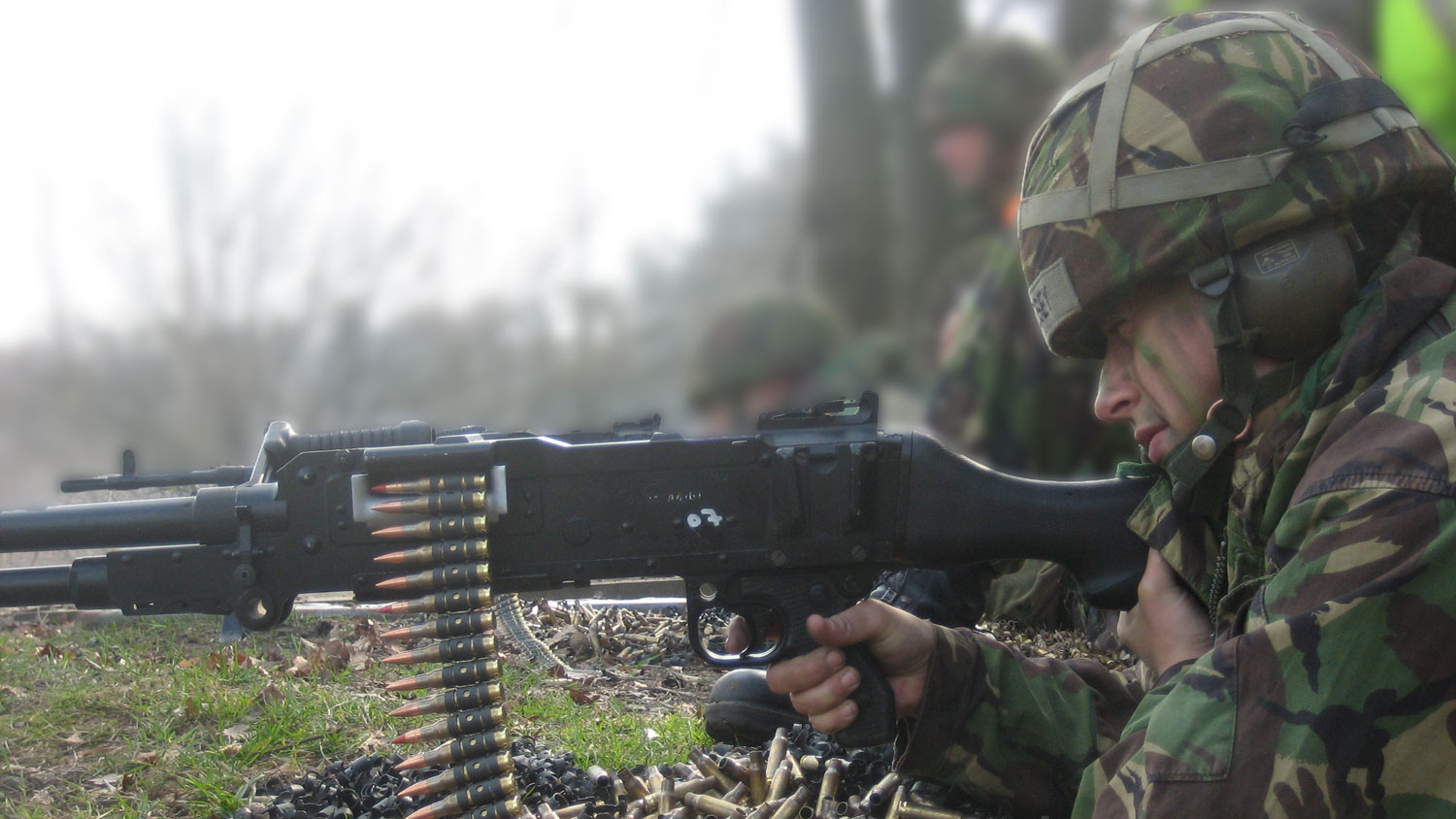
Seven clicks to freedom
Dr Bennett started at Sandhurst in 2005 and, so, with Op Herrick and Op Telic ongoing, once she commissioned, she was straight in at the deep end.
With two operational theatres on at the same time, officers rotated roles every year or two, and for Dr Bennett and her military husband, tours to Afghanistan or Iraq were frequent.
She said: "It just felt like there was no end to it and every time that we went away, I sort of prepared myself for not coming back... or I wouldn't come back in one piece."
However, she knew that she couldn't face taking on a staff role.
The appeal of joining the Army was because it was so active and she wanted to command soldiers.
The thought of working on plans and policy in an office didn't excite her.
And so, she discussed her concerns with her husband who agreed it was time for them both to start a new chapter in their lives.
She said to him: "I just don't want to keep risking this and keep sacrificing.
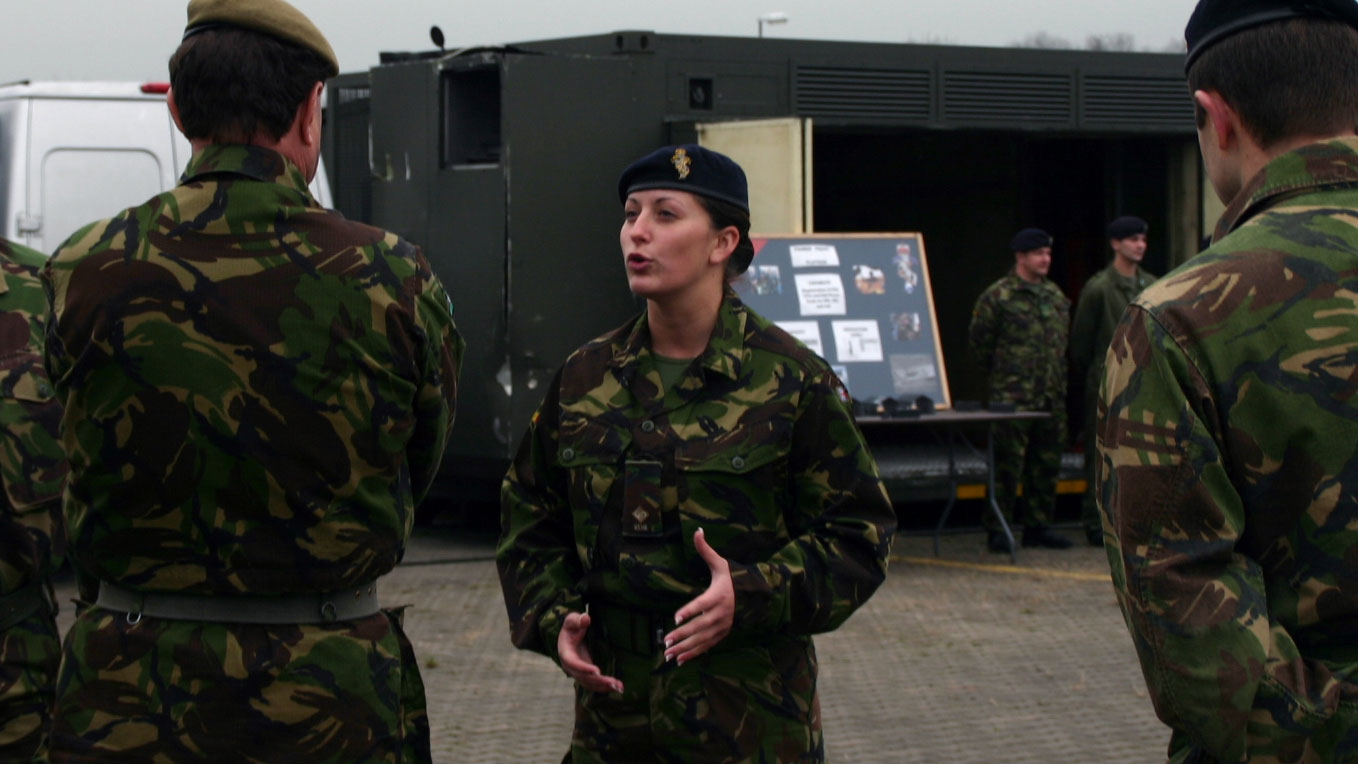
"I just want a nice life, a nice little house, you know, we can get married, maybe have kids."
But all she had ever wanted was to be an Army officer, so the thought of making the transition to civvy street was, she says, "hugely scary".
The day she signed off, she had to complete what is known as the 'seven clicks to freedom', the number of mouse clicks to officially end a service person's military career.
Not wanting to face the transition alone, Dr Bennett and her husband did the final, life-changing click at the same time.
No man's land
When someone wishes to leave the British Army, they must request to leave and then, depending on circumstances, serve another 12 months.
So for many in the final stage of their military career they can feel 'checked out' or in no man's land.
For Dr Bennett, it felt like there was no point making any progress in her military career because she knew her time in the Armed Forces was coming to an end.
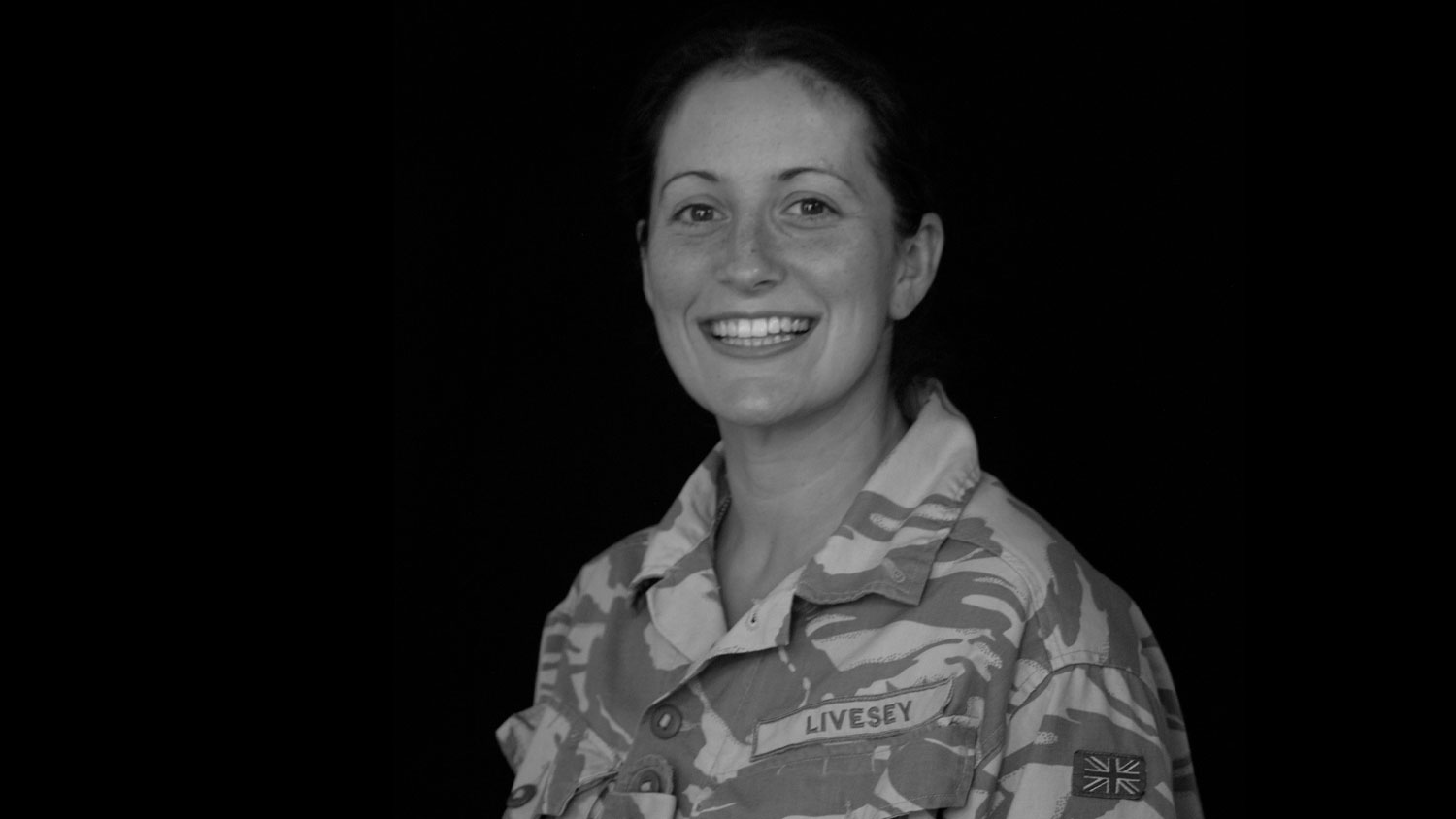
Despite knowing she was making the right decision to leave, she felt uncertain about her future
She said: "I knew I was going to apply to [medical] school and there was a big uncertainty around whether I'd get in and even like when I was serving, you know, you move around so often, you can never really fully establish yourself in one place."
Lost at a fork in the road
Dr Bennett went through the career transition partnership process but, she says, didn't find it very useful.
Because it's designed to help all ranks, she felt it was too generic, which meant she didn't get the help she needed, such as tips to succeed during a medical school interview or advice on which course to take.
Feeling like she was an anomaly, the former Army officer felt lost. To her, it felt as though no one seemed to know how to help her.
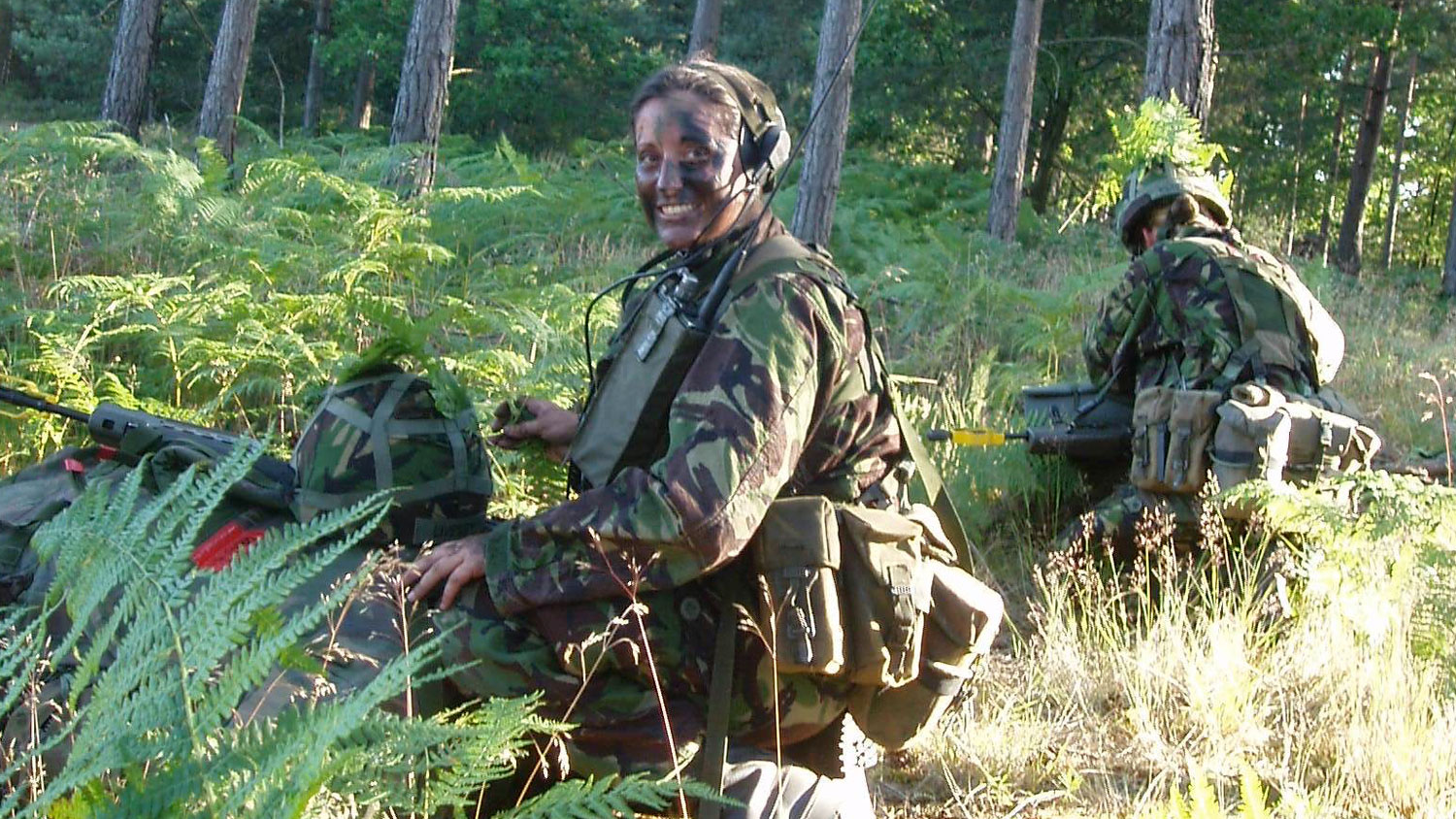
And because she wanted to distance herself from the Armed Forces on leaving, she didn't contact military charities for support, which is a decision she now regrets, saying: "When I left I... wanted to draw a line under my service and say, that's that part of my life over.
"So I didn't use any charities, I didn't look out for any support – I probably could have done with it."
And she's not alone.
Things will feel very strange
Dr Bennett has spoken with many veterans about how unsettling the transition to civvy street can be.
While attempting to distance herself from military life, she struggled to adapt to civilian life.
Simple tasks like learning to cook or booking a doctor or dentist appointment, tasks which had been managed for her in the Armed Forces, were now her responsibility.
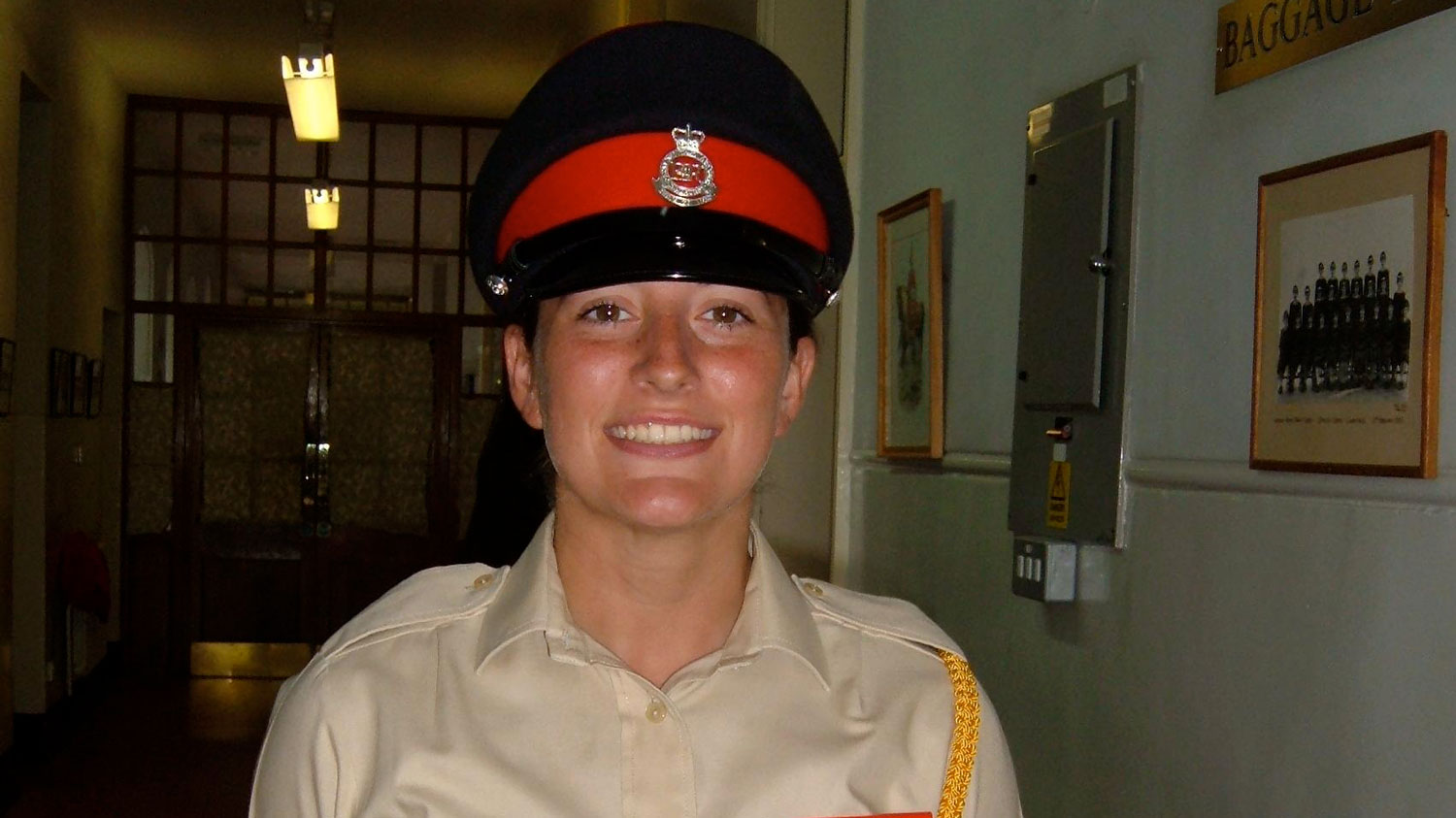
She said: "I still struggle with the concept of NHS dentistry and private dentistry because obviously that was something that was completely taken care of for us in the military."
She also struggled with adapting to the civilian mindset.
Dr Bennett felt that the people she encountered in civilian life were more individualistic than she had become used to.
People turning up late to a lecture and not apologising would make her feel "irrationally angry" and so frustrated that she felt she "could explode".
This was a turning point for the former Army officer.
She was trying to assimilate into civilian life without the support she desperately needed.
Dr Bennett felt so different to everybody else around her who were also pursuing careers in medicine.
Her mannerisms and language were different from her fellow students and, in addition, her military humour was considered inappropriate.
Often people would say, 'Bex, you just can't say that, it's not appropriate' which, while she realised they were right, left her feeling isolated.
Setting up Sisters in Service
This experience led her to found Sisters in Service, a network that supports female veterans working in healthcare.
Feeling as though no one understood her journey, Dr Bennett was determined to do her best to prevent others from feeling the same.
Of the network, she said: "Somebody to be able to turn to, and I think it's really important that veterans have that and particularly women, because there are very few spaces for female veterans in the veteran space."
Advice for those thinking of leaving the military
Her experience of transitioning from the Armed Forces to a career with the NHS has led her to come to some conclusions.
She wishes she had reached out for help and says she's yet to meet a veteran that hasn't struggled in some part with the transition process.
She says until you've walked that walk, it's difficult to know what kind of help, if any, someone might need.
She added: "It's important to recognise that you're not alone.
"There are other people that have walked that path and there is support out there. It's just sometimes difficult to find.
"It is hard, so reach out to people, ask for help and don't be afraid to say, hang on a minute, I'm really struggling with this."
If you or someone you know needs support at this time, find help available on our website.









